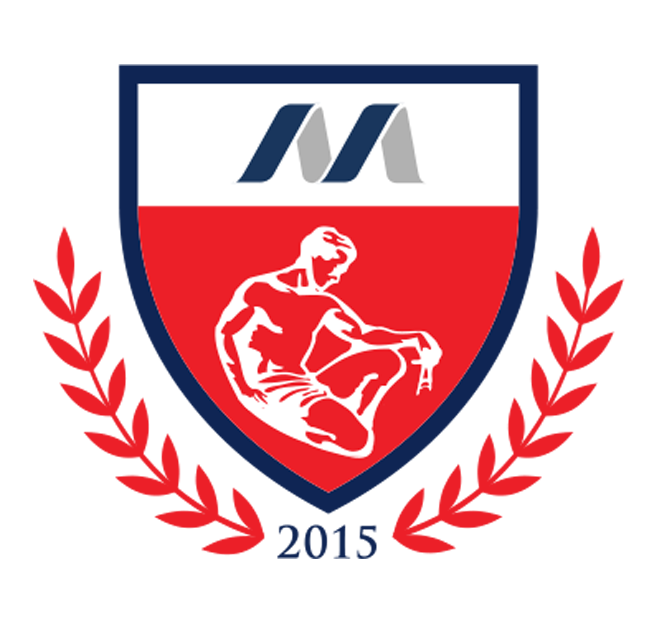Management Accounting Program

About BS Management Accounting
The Bachelor of Science in Management Accounting program cultivates critical thinkers and problem solvers who possess a mastery of accounting and finance, as well as management and leadership skills. By leveraging technology and hard data, graduates are equipped to provide innovative solutions for businesses. The program emphasizes quantitative thinking, financial data interpretation, and technology proficiency through theoretical and technical accounting knowledge and business management education. In addition, partnerships with Yuchengco Group (YGC) of companies and Ayala Corporation provide valuable networking opportunities for students.
Bachelor of Science in Management Accounting
- The program primarily prepares the student to be a certified public accountant. Besides that, they will also be given sufficient training to be prepared for other certifications and charters such as CMA, CIMA, CFA and the like.
- The students will be exposed to a variety of industries and sectors in order to create a holistic educational environment. They will be exposed by our faculty to the varying financial behaviors of different business sectors in order to prepare them for actual accounting work.
- The graduates of this program are expected to be accountants and controllers of various companies. They may also engage in private practice or manage their own accounting services firm.
Program Table Summary
- 2019-2020
- B.S. Accountancy
- Total Number of Units and breakdown
| Course Classification | Total Number of Units |
|---|---|
| General Education | 36 |
| NSTP | 6 |
| Physical Education | 8 |
| Common Business and Management Education Courses | 6 |
| Accounting Core Courses | 81 |
| Professional Courses | 24 |
| Professional Elective | 12 |
| MapúaMCM Required Courses | 36 |
| Total | 209 |
- Expected number of years to complete the program – 4 years
- Graduates of Non-ABM (e.g. STEM, HUMSS, GAS) will be required to take a 15 unit bridging program
Program Education Objectives
- Produce competent and ethical professional accountants capable of making a positive contribution over their lifetimes to the profession and society in which they work
- Provide a foundation of professional knowledge, professional skills and professional values, ethics and attitudes that enable graduates to continue to learn and adapt to change over their professional lives
- Able to support various stakeholders (e.g. regulatory bodies, potential investors, creditors, management, employees, etc.) in taking strategic and operating decisions through the presentation and analysis of financial data and information arising from business transactions.
Student Outcomes
At the end of the program, graduates of the BS Management Accounting Program will have the ability to:
- Articulate and discuss the latest developments in the specific fields of practice;
- Effectively communicate orally and in writing in Filipino and English;
- Work effectively and independently in multi-disciplinary and multi-cultural teams;
- Act in recognition of professionals, social, and ethical responsibility;
- Preserve and promote “Filipino historical and cultural heritage”.
- Demonstrate corporate citizenship and social responsibility.

